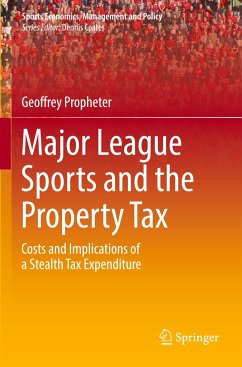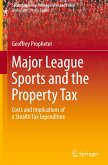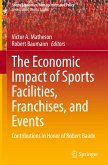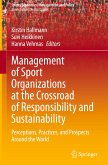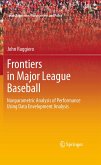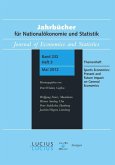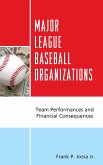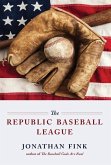This book updates the public policy dialogue on major league sports facilities and the property tax in the US. By providing a rigorous treatment of the property tax within the context of major league sports facilities, this volume debunks the widely asserted claim that most major league teams do not pay property taxes. The chapters methodically lay out the property tax status of every activity major league facility, the actual worth of that property tax expenditure, and the impact of property tax exemptions on local public services. Using empirical data, the volume provides a foundation for informed policy making regarding major league sports facilities. As such, this book will be a useful tool for researchers and students in sports economics, sports management, public policy, and public finance, as well as practitioners involved in the policy process.
Economists have extensively studied the billions of dollars that state and local governments have devoted to funding professional sports stadiums. However, the implicit subsidies that stadiums typically receive through property tax exemptions has received scant attention. In Major League Sports and the Property Tax, Geoffrey Propheter thoroughly examines the common practice of removing sports venues from local tax rolls, which results in millions of dollars in forgone tax revenue that is often not reported in the public accounting of costs. Propheter provides a detailed examination of how property taxes are administered and the implications that derive from stadium property tax exemptions and abatements. His comprehensive analysis presents stylized facts and specific examples that provide the most thorough treatment on the subject to date. The breadth of analysis and meticulous coverage of relevant issues demonstrates why Propheter has emerged as a leading expert on the economics of stadiums. This is perhaps the most important book on the public financing of stadiums written in the past decade, and anyone interested in stadium economics will want their own copy to read and reference.
JC Bradbury, Professor of Economics, Kennesaw State University
Economists have extensively studied the billions of dollars that state and local governments have devoted to funding professional sports stadiums. However, the implicit subsidies that stadiums typically receive through property tax exemptions has received scant attention. In Major League Sports and the Property Tax, Geoffrey Propheter thoroughly examines the common practice of removing sports venues from local tax rolls, which results in millions of dollars in forgone tax revenue that is often not reported in the public accounting of costs. Propheter provides a detailed examination of how property taxes are administered and the implications that derive from stadium property tax exemptions and abatements. His comprehensive analysis presents stylized facts and specific examples that provide the most thorough treatment on the subject to date. The breadth of analysis and meticulous coverage of relevant issues demonstrates why Propheter has emerged as a leading expert on the economics of stadiums. This is perhaps the most important book on the public financing of stadiums written in the past decade, and anyone interested in stadium economics will want their own copy to read and reference.
JC Bradbury, Professor of Economics, Kennesaw State University

